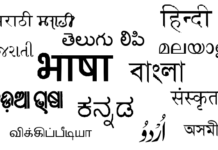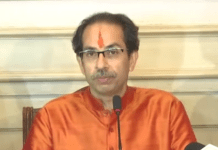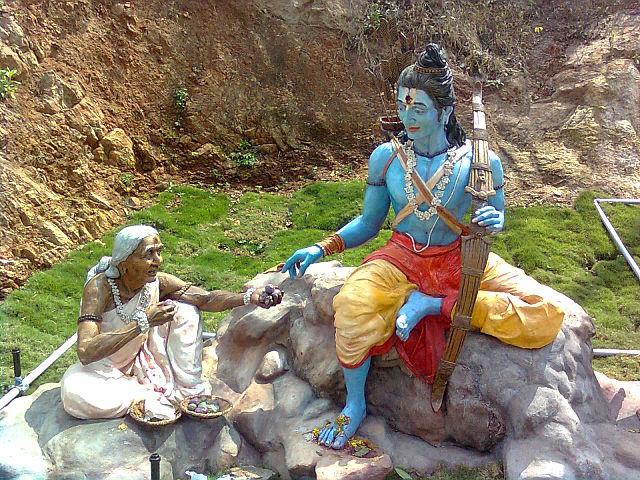Swami Prasad Maurya, a leader of Samajwadi Party of Uttar Pradesh who champions the cause of backward classes, has demanded the deletion of “insulting comments and sarcasm” targeted at Shudra castes in Ramcharitmanas epic poem in Awadhi composed/authored by Tulsi Das in 16th century.
The controversial verse in Awadhi in Tulsi Das’s work based on Ramayana is ‘’ढो’ल गंवार शूद्र पशु और नारी सब ताड़ना के अधिकारी” (that means, drum, illiterate, Shudra, animals and women are all entitled to chastisement). This puts Shudra and woman at par with animal.
Everyone who is born and brought up in Northern India knows the meaning of the word ताड़न which is ‘act of striking with repeated blows’. However, many argue that the actual meaning of that word is care and protection.
ढोल, गँवार, शूद्र, पशु और स्त्री- ये सब देख रेख ( संरक्षण ) के अधिकारी हैं॥ (drum, illiterate, , Shudra, animal and woman – all these are entitled to care and protection)
Notwithstanding, the different interpretation put forward, general people in the region understand the verse in offensive way. No doubt about it.
What is wrong in deleting and condemning that? As a matter of fact, so-called non-Shudras should themselves deprecate that suo moto to foster brotherhood and unity among Hindus and society at large. India and the Hindus society has suffered a lot due to discriminatory caste system.
In any case, the author/composer of the verse, Tulsi Das was not a god. He was just an author, skilled in composing in Awadhi that did help popularise Lord Rama’s life among the masses at the time Hindu society was under threat.
The verse under controversy is NOT the word of Lord Ram.
The Saga of Lord Ram was written down by many authrors in the past. For example, Valmiki Ramayan was written by the sage Valmiki in Sanskrit while Ramcharitmanas was written in Awadhi by Tulisi Das. Works of different authors have some variations in the presentation while essential story line remains same.
Unlike Bhagwat Gita, which are words of Lord Krishna (words of God are immutable for the believers), the controversial verse in question here is word of a learned man named Tulsi Das. The verse cannot be attributed to Lord Ram hence can be amended /deleted.
Just the way human slavery was institutionalised at some point of time in past, social inequality on the basis of birth or gender was the order of the say in the past in Indian society. But not anymore.
Ridicule, discrimination and institutionalised insults on the basis of birth cause great human suffering and misery MUST be deleted permanently before the affected people demand.
Any opposition or legal action against Maurya is anathema to the idea of India and egalitarianism prescribed by Lord Ram, Lord Krishna and Lord Buddha (the 7th , 8th and 9th reincarnations of the God).
***






















